Panelists
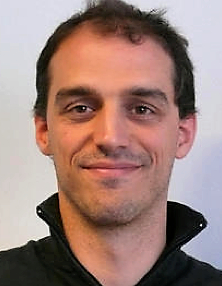 |
Laurent Bopp, FranceDr. Laurent Bopp is a Senior Scientist at the Institut Pierre-Simon Laplace, and Professor at the Ecole Normale Supérieure in Paris, France. His research focuses on the links between climate, climate change and marine biogeochemistry. He was among the first to use global climate models to explore how anthropogenic climate change might affect marine productivity and ocean air-sea fluxes. He was involved in the last IPCC report as a lead author for the chapter on Biogeochemical Cycles. He received the Medaille de la Societe d'Oceanographie de France in 2011, and the AGU Ocean Section Voyager Award in 2016.
|
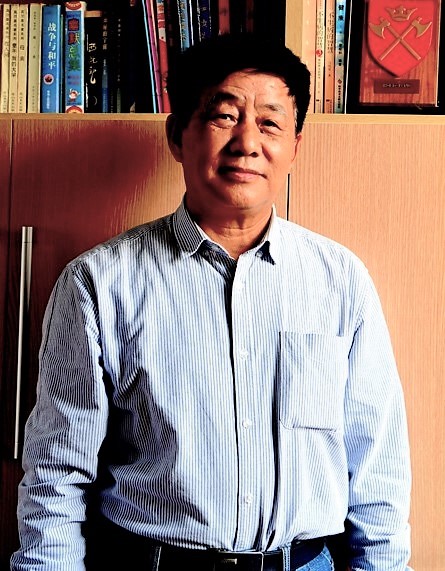 |
Fang Jianguang, ChinaFang Jianguang is a research professor at the Yellow Sea Fisheries Research Institute of the Chinese Acedemy of Fishery Sciences (CAFS) in Beijing. He graduated from Shandong Ocean College (now the Ocean University of China) in 1982 and has worked in Yellow Sea Fisheries Research Institute since then. |
 |
Elisabeth Holland, FijiProfessor Elisabeth Holland is the Director of the Pacific Center for Environment and Sustainable Development, and the University of the South Pacific’s Professor of Climate Change. Elisabeth brings 30 years of climate change and earth system research experience, including IPCC authorship, to support the development of Pacific research capacity to ensure that her legacy becomes empowerment of Pacific students and communities to build resilient futures. She led the University of the South Pacific’s delegation to support Pacific governments in negotiating the Paris Agreement. Elisabeth has a profound understanding of the climate risks facing the people and cultures of the Pacific Ocean and islands. |
 |
Anne Hollowed, USADr. Anne Hollowed is a Senior Scientist with the National Marine Fisheries Service's Alaska Fisheries Science Center. She conducts research on the effects of climate and ecosystem change on fish and fisheries and leads the Status of Stocks and Multispecies Assessment program. Anne is an Affiliate Professor with the School of Aquatic and Fisheries Sciences at the University of Washington and she is the co-chair of the North Pacific Fishery Management Council Scientific and Statistical Committee. Anne served as a Lead Author for polar chapters for two Intergovernmental Panel on Climate Change reports (AR5 and SROCC). |
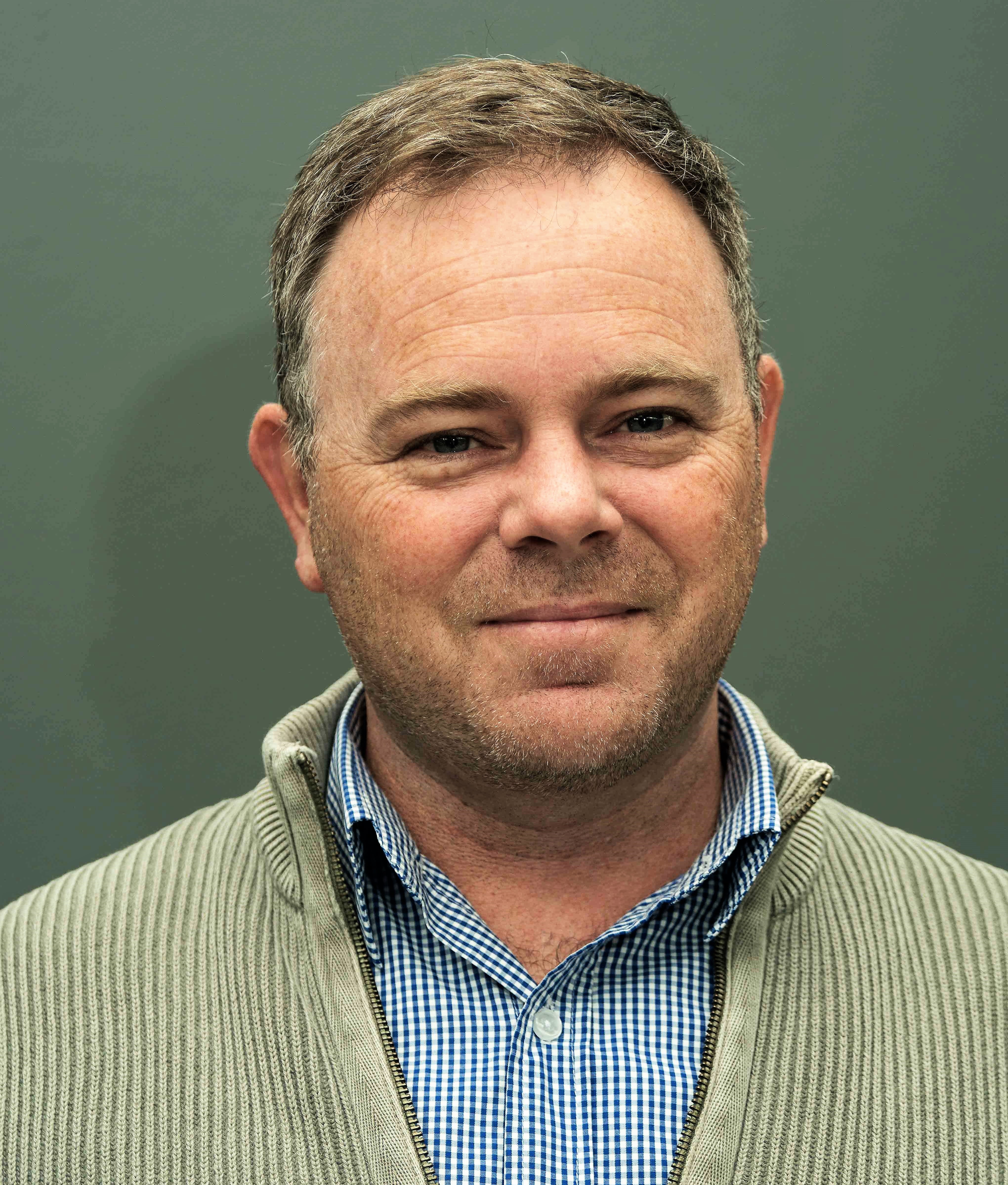 |
Brett Glencross, UKBrett Glencross is the Professor of Aquaculture Nutrition at the University of Stirling’s Institute of Aquaculture in Scotland. He has a rare background of having had experience over the past 20 years of working in industry (feed and aquaculture), institutional and academic roles throughout Asia, Australasia and Europe. He was one of the former editors of the journal Aquaculture Nutrition and has been on the editorial boards of several other journals. He is the current Chair of the Scientific Committee of the International Society for Fish Nutrition and Feeding. |
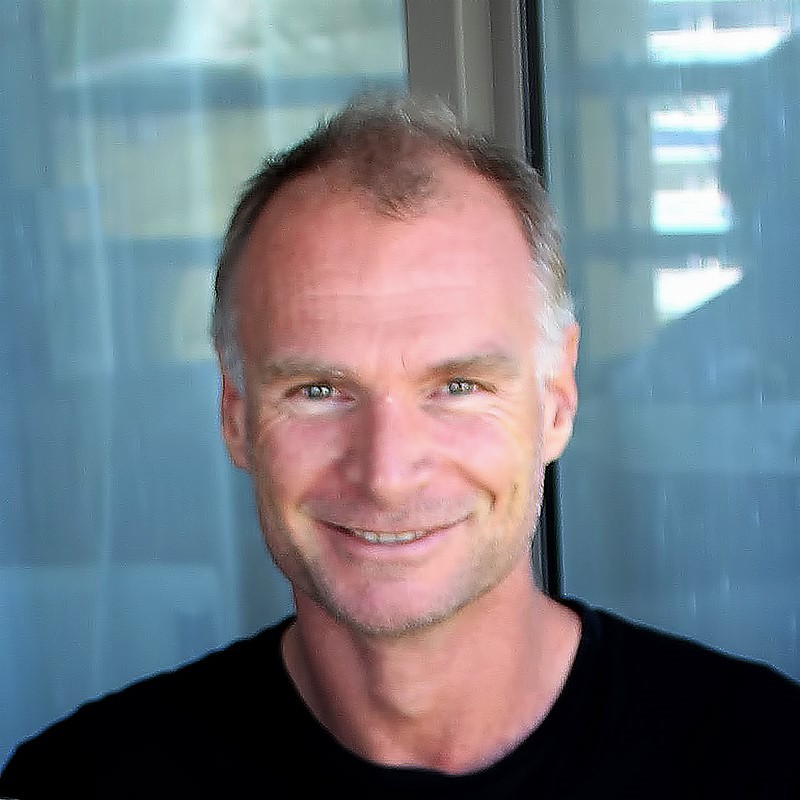 |
Stuart Kininmonth, FijiStuart Kininmonth is an ecologist with special interest in modelling socioecological systems using GIS, network theory and Bayesian networks. He is currently working in the Pacific with the regional university (University of the South Pacific) and has worked in Norway, Sweden and Australia. He is particularly focused on the role of humans operating within environmental dynamics and complex systems. |
 |
Hilkka O.N. Ndjaula, NamibiaDr. Hilkka Ndjaula is Assistant Pro-Vice Chancellor at the University of Namibia’s Sam Nujoma campus and is responsible for all fisheries and marine-related graduate training and research at the University. She has been a member of the Marine Resources Advisory Council of the Ministry of Fisheries and Marine Resources since 2016. She is also a member of Namibia’s Marine Spatial Planning (MSP) working group, which is a multispectral team overseeing the development of Namibia’s first ocean plan, including the Ecologically or Biologically Significant Areas (EBSAs). Her research interests are marine ecology and aspects of fish recruitment dynamics. |
 |
Pawan G. PatilDr. Pawan Patil is a development banker, Harvard, Oxford, and London School of Economics trained economist and serial social entrepreneur. For over 20 years at the World Bank, he has followed his twin passions, co-developing the institution’s multi-billion-dollar portfolio on fisheries, oceans and the Blue Economy, and co-creating initiatives supporting young people. His work, recognized for its innovation and impact in development has been featured in The Economist, Financial Times, New York Times, Huffington Post and Nature. Dr. Patil is a past member of the World Economic Forum’s Global Agenda Council for Oceans and currently co-chairs WEF’s Young Global Leaders’ Aquatic Food Network.
|
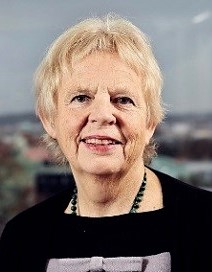 |
Ann-Sofie Sandberg, SwedenProfessor Ann-Sofie Sandberg is from the Chalmer´s University of Technology. Her research foci include marine food bioactive compounds and their action mechanisms in relation to metabolic- and immune disease; performing dietary intervention studies in humans and mice using a systems biology approach. She has published more than 150 research papers in international peer-reviewed journals and founder of the Food and Nutrition Science Division at Chalmers. Ann-Sofie was elected to the Royal Swedish Academy of Engineering Sciences, is co-chair of the Royal Swedish Academy of Sciences National Committee for Nutrition and Food Science, and a member of the European Academy of Nutritional Sciences, and the American Society for Nutrition. She received an honorary doctorate in medicine from the Sahlgrenska Academy at Gothenburg University. |
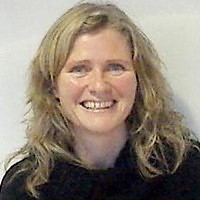 |
Mette Skern-Mauritzen, NorwayDr. Mette Skern-Mauritzen is Head of Research at the Institute of Marine Research in Bergen. She uses both empirical and numerical approaches (ecosystem modelling) to investigate the impact of drivers and pressures (particularly climate and fisheries) on species distribution and abundances, trophic interactions, and the structure and dynamics of food webs and ecosystems, and how these impacts relate to ecosystem vulnerabilities and risks. She also focuses on how to include these aspects in Integrated Ecosystem Assessments to provide scientific advice to support Ecosystem Based Management. She is currently the chair of the ICES Integrated Ecosystem Assessment Steering Group. |
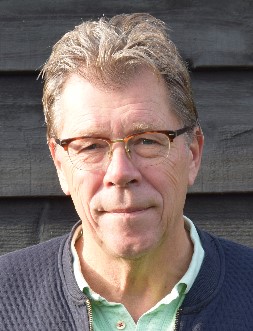 |
Aad C. Smaal, The NetherlandsAad Smaal is Professor emeritus of sustainable shellfish culture at Wageningen University and he was a senior scientist at the Wageningen Marine Research Institute. He is interested in the role of bivalve shellfish in the ecosystem and studied nutrient regeneration through bivalve filter feeding, the use of oyster reefs for coastal protection, and the combination of aquaculture and nature conservation. He has recently edited a Springer book on the Goods and Services of Marine Bivalves, that includes bivalve aquaculture as well as the role of bivalves in water management, nature conservation, coastal protection and Integrated Multi-Trophic Aquaculture. Aad Smaal - presentation (PDF) |
 |
Peter Smith, IrelandPeter Smith is an Emeritus Professor of Microbiology at the National University of Ireland, Galway. He worked and published extensively on the use of antimicrobials in the aquatic environment for over 40 years. He has served as the chair of the OIE working group on the responsible use of antimicrobials in aquaculture and was central in the development of standardised protocols for detecting resistance in organisms isolated from the aquatic environment. He is currently involved with an attempt by the FAO to perform a formal Risk Analysis of antimicrobial resistance emerging within aquaculture. |
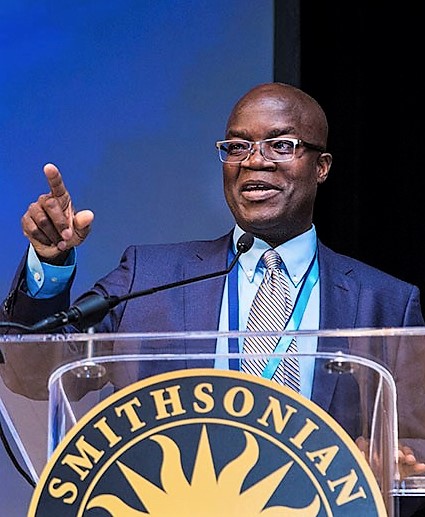 |
Rashid Sumaila, CanadaDr. Rashid Sumaila is Professor and Director of the Fisheries Economics Research Unit at the University of British Columbia. He specialises in bioeconomics, marine ecosystem valuation and the analysis of global issues, e.g., fisheries subsidies, illegal fishing, climate change and oil spills. Rashid is widely published, with over 240 articles in peer-reviewed journals, including in Science, Nature and the Journal of Environmental Economics and Management. He has won a number of awards including the 2017 Volvo Environment Prize and the 2017 Benchley Oceans Award in Science. Prof. Sumaila was named a Hokkaido University Ambassador in 2016 and serves on the Board Directors of Oceana. |
 |
Oleg Titov, RussiaDr. Oleg Vladimirovich Titov has been Research Director at the Knipovich Polar Research Institute of Marine Fisheries and Oceanography since 2005. His Russian and international commissions include the International Council for the Exploration of the Sea (ICES) Working Groups: on Arctic Fisheries and on Recruitment Forecasting; the Marine Group of the Joint Norwegian-Russian Commission on Environmental Protection and the Russian State Commission for the Development of the Arctic. His scientific interests are chemical, physical and fishery oceanography, hydrobiology, marine ecology and marine biotechnology.
|
 |
Bente E. Torstensen, NorwayDr. Bente Torstensen is the Director of the Nofima Aquaculture division. She has a PhD in fish nutrition and more than 25 years’ experience in aquaculture research and with the fish farming industry. She has published 95 peer-review papers with h-index of 30. Bente was a fish nutrition scientist for over 10 years at NIFES and a research manager in the Seafood in model systems section before becoming Research Director of the Fish Nutrition department at NIFES, and as Global feed and fish performance R&D manager at Marine Harvest. Bente Torstensen - presentation (PDF)
|
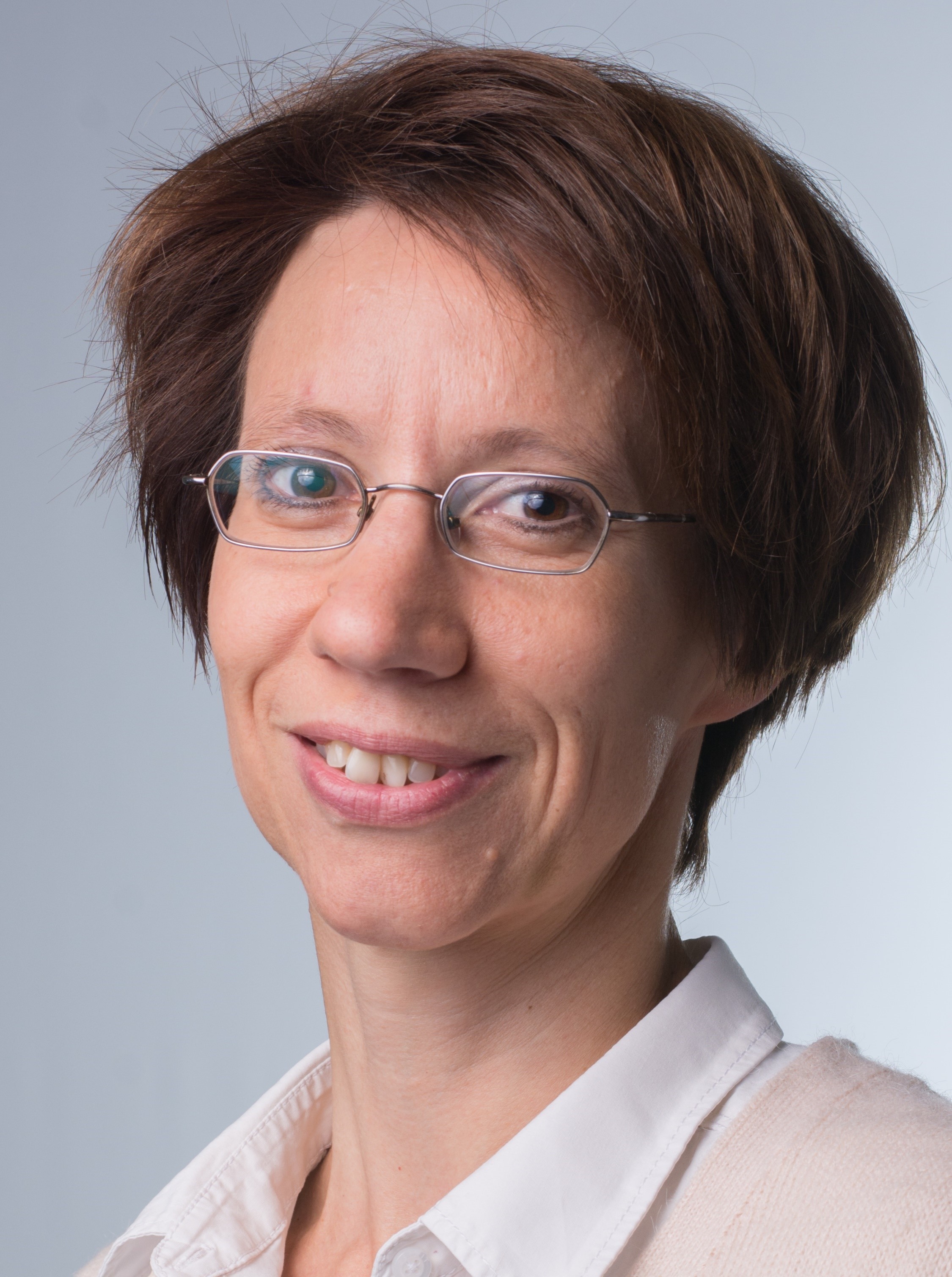 |
Katrin Vorkamp, DenmarkDr. Katrin Vorkamp worked as a postdoctoral researcher at Aalborg University in Denmark and then accepted a scientist position at the National Environmental Research Institute. In 2007, the institute merged with Aarhus University. Katrin works with organic contaminants in the environment, with a focus on persistent organic pollutants (POPs) and emerging contaminants. Her research includes Arctic pollution, contaminants and microplastics in the marine environment and human exposure to contaminants.
|
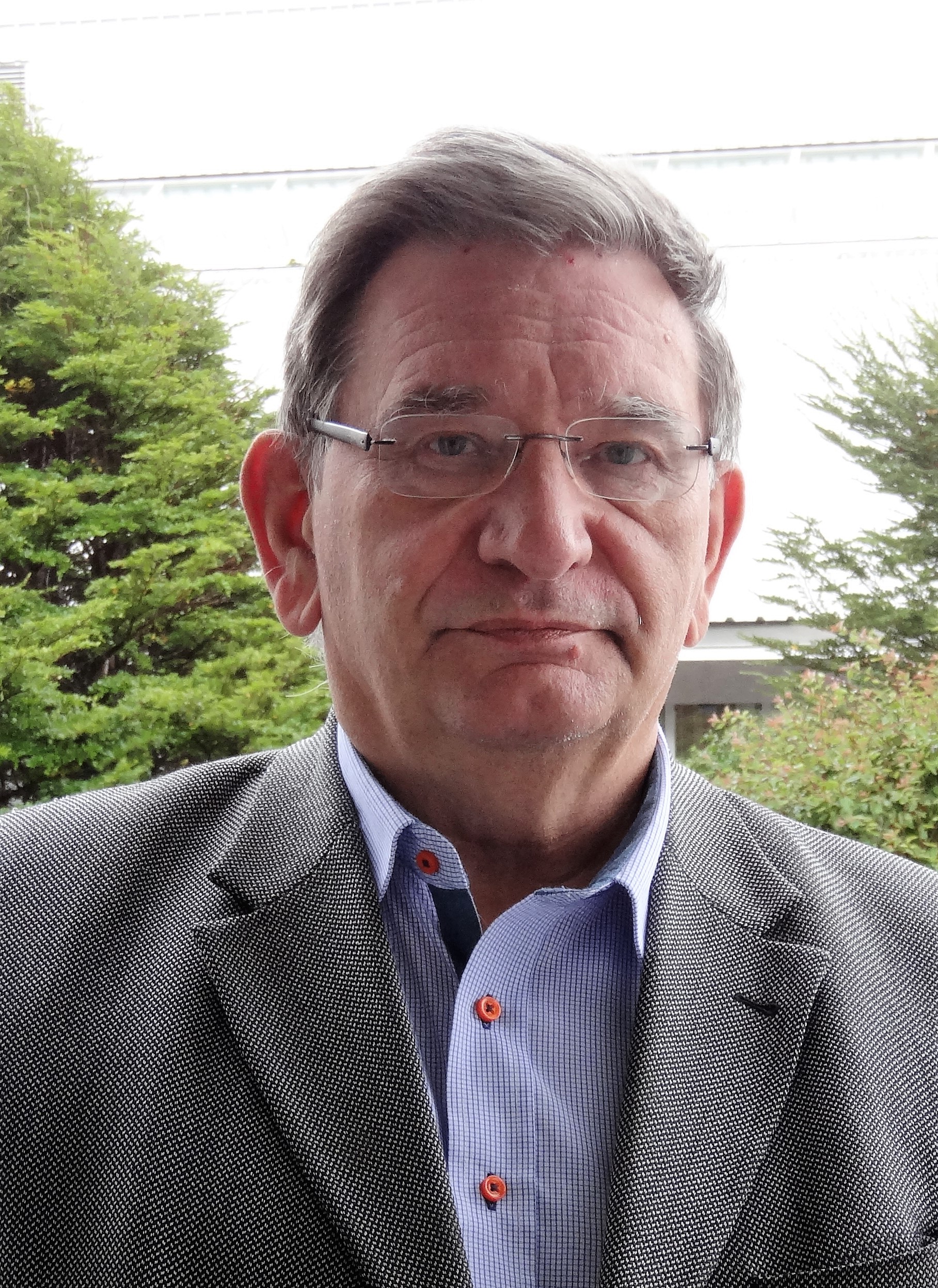 |
Pál Weihe, Faroe IslandsProfessor Pál Weihe has served as Head of the Department of Occupational Medicine and Public Health in the Faroe Islands for 30 years. He conducted studies of birth cohorts exposed to marine contaminants in the Faroe Islands in regard to neurotoxicity, growth and development, immunotoxicity, and endocrine disruption. He is an Adjunct Professor at the University of Faroe Islands, a Visiting Scientist in the Environmental and Occupational Medicine and Epidemiology Program at the Harvard T.H. Chan School of Public Health and a Visiting Scientist at the Institute of Public Health at the University of Southern Denmark. |
